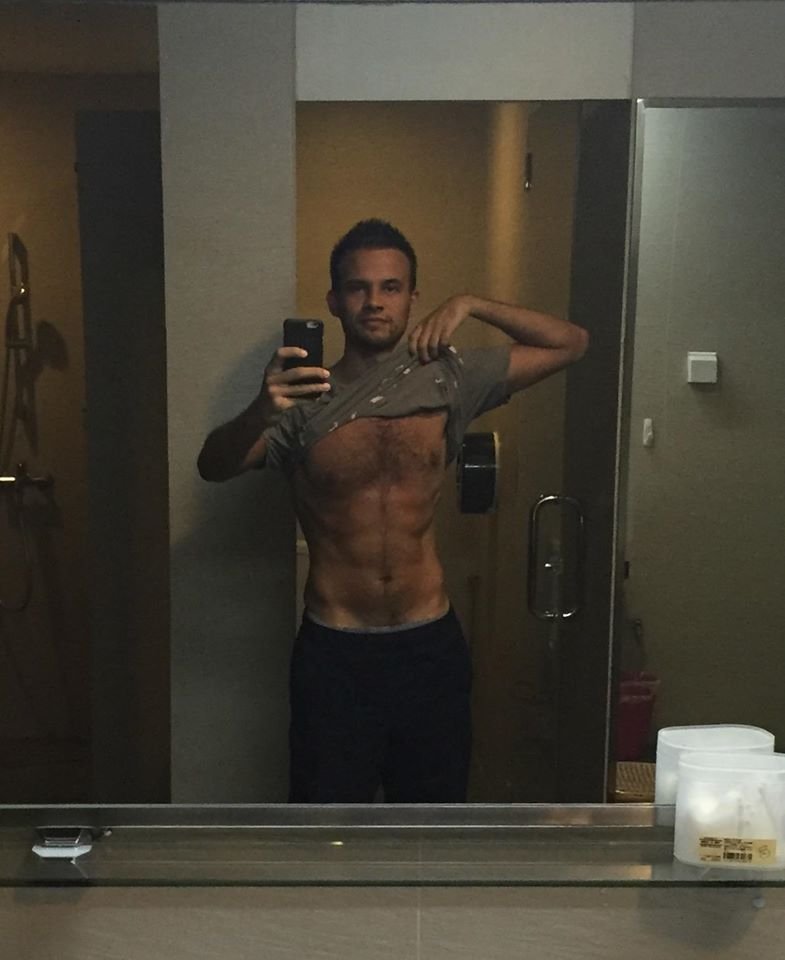We need food to survive, but we need a lot less than we think. After my recent experiments with one meal a day and shorter fasts, it's pretty clear to me that 3 meals a day is just more bad marketing and science from the food companies to make money from us.
There's no way our ancestors had constant access to food, so our physiology isn't really evolved to handle it (other than storing it as fat, which inevitably leads to insulin resistance and diabetes), and when you start adding processed / refined / GMO / chemicals / pesticides etc to your food supply you realise why 1 in 2-3 people today are getting cancer, and a load of other modern diseases.
Add in the fact we are way more sedentary now than our ancestors, so carbs and fats aren't really the enemy it's just chronic overfeeding... so you have to ask yourself, why are we eating so much?
I think the real reason is a mix of:
a. Food scientists today have perfected the art of getting us hooked on junk food by triggering reward and pleasure centres in the brain, so we keep eating those damn Pringles - my weakness is salted nuts, I just have to finish the bag once I start.
b. Most of the fresh food in the supermarkets has little nutrition because the soil quality has been destroyed with mono crops and industrial agriculture. So we keep eating because our bodies are malnourished but we're still not getting the nutrition we need.
c. Once we've wrecked our guts with simple sugars and antibiotics, we lose the ability to absorb nutrition even from good food, and our cravings reflect little more than the wishes of the remaining gut bacteria and parasites living in us, much like they do with other hosts in the animal kingdom.
d. We also use foods like drugs to suppress our emotions in today's society, because many of us aren't truly happy but we avoid asking the hard questions like:
Am I doing something meaningful with my life?
Why the fuck am I working to retire and waiting to have a life at 60, by which time the retirement age will be 80 and my health will be long gone?
Why am I following these lies when the social contract has been broken by fascist governments and corporations, that work to enslave me and my future generations in endless debt, whilst living a quiet life of desperation?
Anyways, fasting will bring up issues like this and really make you think about life...
From my research and experience, fasting is the ultimate biohack for longevity, to reset and clean out your mind and body - after the first 2-3 days I had no physical sense of hunger, and your body can live off fat reserves way longer than you think, while the autophagy kicks in and eats up old diseased cells.
I'd recommend starting off with intermittent fasting and get used to upregulating your fat burning metabolism, then it's way easier to do longer fasts.
I only stopped after 17 days because I'd pulled my back from over-exertion at work, and I was pretty irritable from all the demands on my time and attention when my body just wanted to rest. My schedule is getting even busier now, so next time I do a long fast it will be in a hammock somewhere by the beach with my cat.
Breaking the fast is actually the hardest part for me, I had raw honey in the evening but the next day I had a whole chicken, 20+ day old kefir, plus some icecream and awesome desserts Komal foolishly left in the fridge - I wasn't sure how it would all go down, but apart from a little gas I'm still alive and kicking, so back to work!
P.S. For those who worry about wasting away without food, here are the before and after pictures.....putting weight back on after a fast is also pretty quick and easy, and your body's nutrient absorption is much better, so if you feed yourself with the right foods you can literally rebuild your body from the ground up.

Apart from healthy kids and pregnant / breastfeeding mums, I think everyone can benefit from it.
Just to be clear, I wouldn't recommend long periods of fasting without supervision unless you are otherwise healthy, and/or have some experience with fasts. I've done fruit fasts, juice fasts, green juice fasts, water fasts, and dry fasts, so I know what to expect.
If you're on medication or have chronic health issues, supervised fasting is the safer option, but not everyone can afford that and that shouldn't mean we just continue suffering through life.
Intermittent fasting will give you a lot of the benefits and it's very easy to adapt gradually and see if it works for you, that's how I started.
And it's always important to educate yourself first, because fear of the unknown is one of the biggest mental barriers to doing something like this - this book is probably the best one I've read on the topic of fasting: http://soilandhealth.org/wp-content/uploads/02/0201hyglibcat/020127shelton.III/020127.ch1.htm
